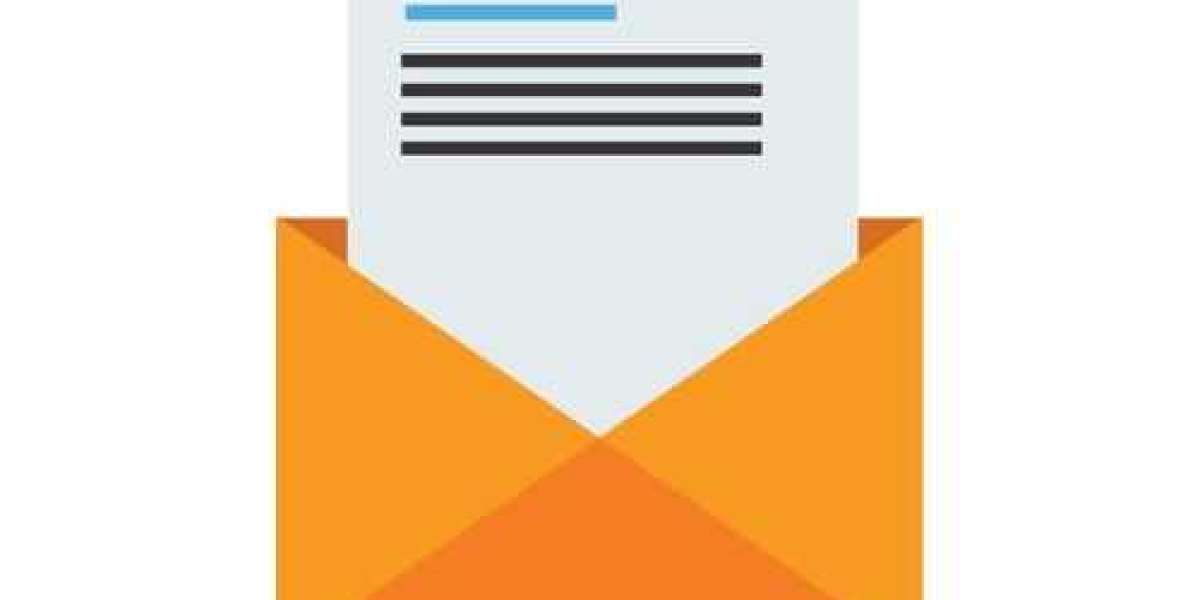HMRC Debt Management
HMRC debt management has become an increasingly important issue for many individuals and businesses in the UK. As tax bills across the UK increase, more people are finding themselves facing a growing amount of debt with HMRC. In order to help those struggling with their HMRC debts, the government has issued a new guide for 2023 on how to effectively manage your debts.
The HMRC debt management letter is intended to provide guidance on the best approaches to managing your financial obligations with the Revenue Service. The letter covers topics such as understanding how much you owe and when payments are due, what options are available if you can’t pay your debts, and in what ways you can make arrangements with HMRC that work better for everyone involved. It also explains what information must be provided when submitting an appeal against an assessment or repayment plan offered by HMRC.
Types of HMRC Letters
HMRC (Her Majesty's Revenue Customs) is an important government agency that collects taxes and enforces tax laws in the UK. If you owe the HMRC money, they may send you a letter to let you know. In this article, we will look at some of the different types of letters which HMRC may send out in order to manage your debt.
The first type of letter is an 'initial contact' letter. This will be sent when HMRC first become aware that you owe them money. It will contain information about how much you owe as well as details about how it should be paid back, such as payment plans or repayment terms. The second type of letter is a 'demand for payment' letter.
Understanding the Letter
Understanding the Letter is essential for anyone dealing with HMRC debt in 2023. HMRC debt management letters are sent out to those who owe tax, providing a detailed overview of the debt and how it can be managed. It's important to take time to understand the letter and what action you should take. This article will provide a helpful guide on how best to read and comprehend an HMRC Debt Management Letter.
The letter includes key information such as: if there is any additional interest or fees that may have been added; when payment needs to be received by; and the contact details of whom you need speak with if there are any queries or issues with your case. Understanding this information can prevent any penalties from being applied due to late payments or incorrect payments made. It also helps ensure that where possible, all debt is paid off without further complications.
Acting on the Letter
Acting on the letter from HMRC is an essential step for managing your debt. It is important to understand what the letter contains and how you should respond to it. For those in 2023, this guide will provide insight into managing their debt situation with HMRC.
The first thing to do when you receive a debt management letter from HMRC is to read it thoroughly and carefully. Take note of any deadlines mentioned in the letter, as well as any information regarding contact details or payment options that are offered by HMRC. If you don't understand something in the letter, call or write to HMRC and request clarification on that particular point before acting on it.
Payment Settlement Options
HMRC debt management letters are often sent to individuals and businesses who owe money to Her Majesty's Revenue and Customs (HMRC). If you've been issued a letter, it is important for you to understand the payment and settlement options available.
The HMRC Debt Management department provides a range of payment plans and methods including Direct Debit, credit or debit card payment, bank transfers, cheques, online payments through their website or using the GOV.UK Pay service. It is also possible for those with limited means to apply for reduced payment amounts on their tax debts via Time To Pay Arrangements (TTP). Alternatively, if you have a lump sum available then one-off full or part settlements may be made in accordance with HMRC regulations.
Your Rights
For anyone facing HMRC debt, understanding your rights is important. A debt management letter from HMRC will outline the amount you owe, as well as any payment plans or other solutions on offer. This guide for 2023 covers everything you need to know about HMRC debt management letters and the rights associated with them.
When it comes to owing money to the government, it's essential that you understand your legal obligations and what options are available to you. Knowing your rights can help prevent any further distress caused by a misunderstanding of how things work when it comes to dealing with HMRC debts. You need to be aware of what information is included in the letter and what action needs to be taken on your behalf in order for you to pay off this debt and move forward financially.
Further Assistance
HMRC debt management letters are a form of correspondence sent out to taxpayers who have an outstanding tax bill. In the letter, HMRC outlines the amount due and the payment methods available. In 2023, it continues to be essential for taxpayers to understand the implications of receiving such a letter from HMRC.
It is important for individuals receiving a debt management letter from HMRC in 2023 to understand their next steps and options available for repaying their debt. Due to changes in taxation across different parts of Great Britain, there may also be further assistance or advice on offer from other government departments or organisations that are specific to your region. Knowing what help is available can make it easier to manage debts and relieve stress associated with financial worries.



